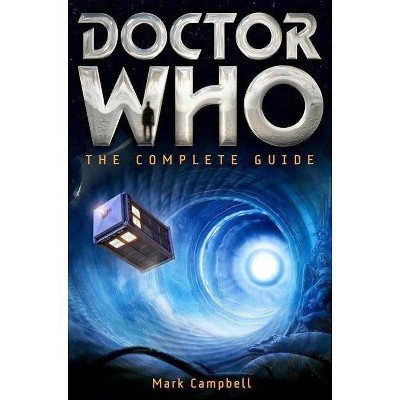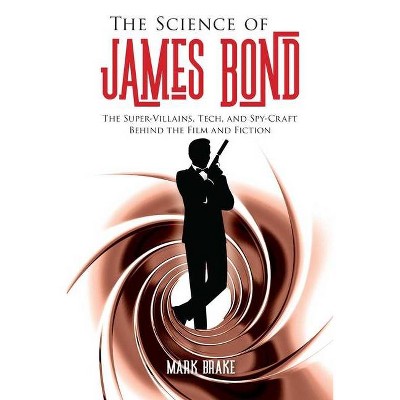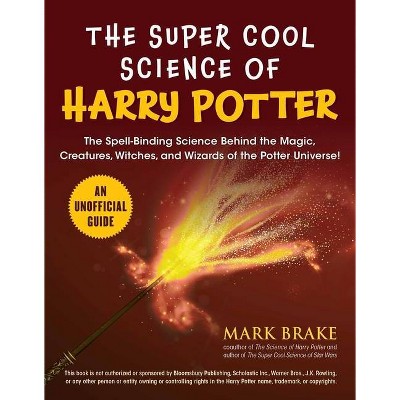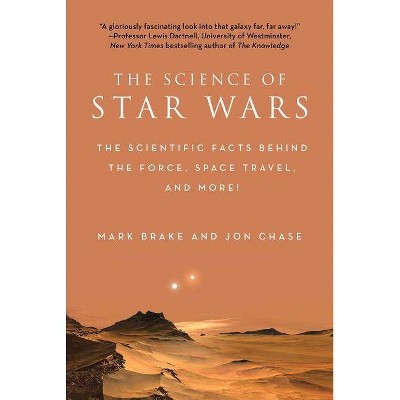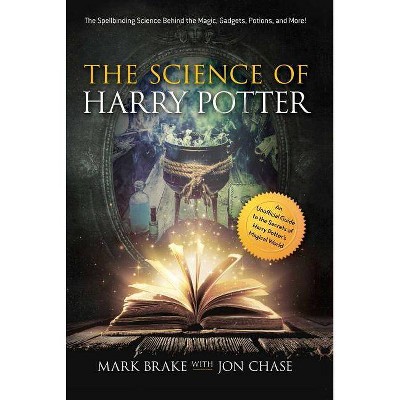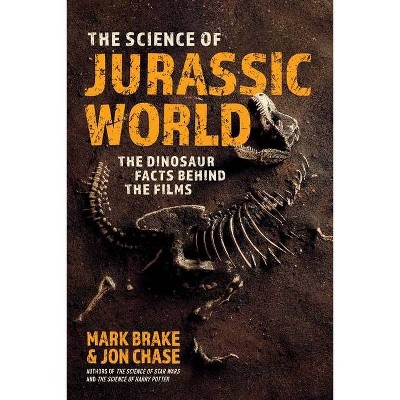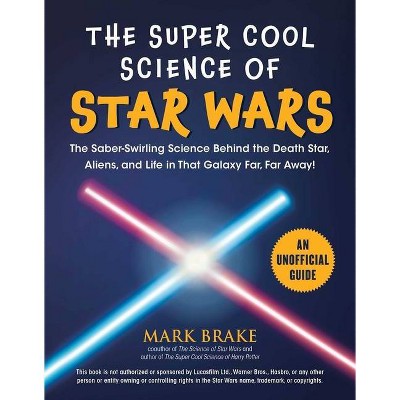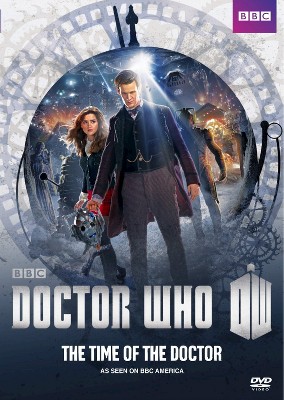The Science of Doctor Who - by Mark Brake (Paperback)
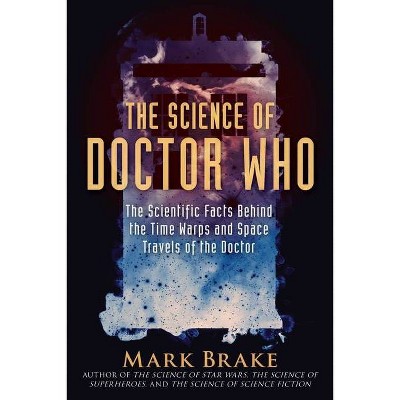
Similar Products
Products of same category from the store
AllProduct info
<p/><br></br><p><b> Book Synopsis </b></p></br></br><b>Geek out over the TARDIS, aliens, alternate timelines, parallel worlds, and all your favorite characters from the<i> Doctor Who </i>Universe!</b> <p/><i>Doctor Who</i> arrived with the Space Age, when the Doctor first began exploring the universe in a time-traveling spaceship. Over half a century since, the Doctor has gone global. Millions of people across this planet enjoy <i>Doctor Who</i> in worldwide simulcast and cinema extravaganzas. <i>Doctor Who </i>has infused our minds and our language and made it much richer. <p/>What a fantastic world we inhabit through the Doctor. The program boils over with<i></i>ballsy women, bisexual companions, scientific passion, and a billion weird and wonderful alien worlds beyond our own. The show represents almost sixty years' worth of magical science-fiction storytelling. And <i>Doctor Who</i> is, despite being about a thousands-of-years-old alien with two hearts and a spacetime taxi made of wood, still one of our very best role models of what it is to be human in the twenty-first century. <p/>In <i>The Science of Doctor Who</i>, we take a peek under the hood of the TARDIS and explore the science behind questions such as: <br><ul><li>What does <i>Doctor Who</i> tell us about space travel? </li><li>Could the TARDIS really be bigger on the inside?</li><li>In what ways does the Doctor view the end of our world? </li><li>Is the Doctor right about alternate timelines and parallel worlds?</li><li>Will intelligent machines ever rule the earth?</li><li>Is the earth becoming more like <i>Doctor Who</i>'s matrix?</li><li>Is the Doctor a superhero? </li><li>How do daleks defecate?</li></ul><br>So welcome to <i>The Science of Doctor Who</i>, where the Doctor steps smoothly in and out of different realities, faces earthly and unearthly threats with innovation and unpredictability, and successfully uses science in the pay of pacifist resistance!<p/><br></br><p><b> About the Author </b></p></br></br><b>Mark Brake</b> developed the world's first science and science fiction degree in 1999 and launched the world's first astrobiology degree in 2005. He's communicated science through film, television, print, and radio on five continents, including for NASA, Seattle's Science Fiction Museum, the BBC, the Royal Institution, and Sky Cinema. Mark also tours Europe with <i>Science of Doctor Who</i>, <i>Science of Star Wars</i>, and <i>Science of Superheroes</i> road shows.
Price History
Price Archive shows prices from various stores, lets you see history and find the cheapest. There is no actual sale on the website. For all support, inquiry and suggestion messagescommunication@pricearchive.us
